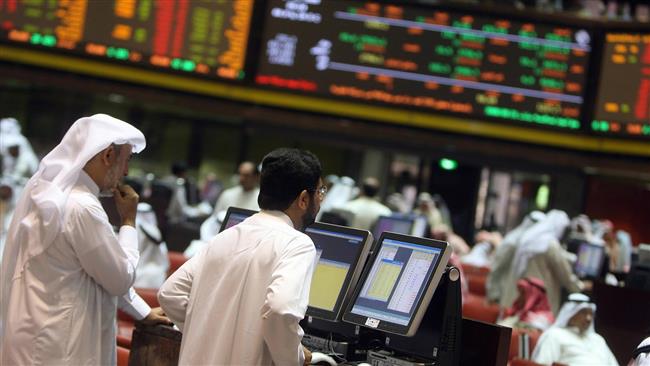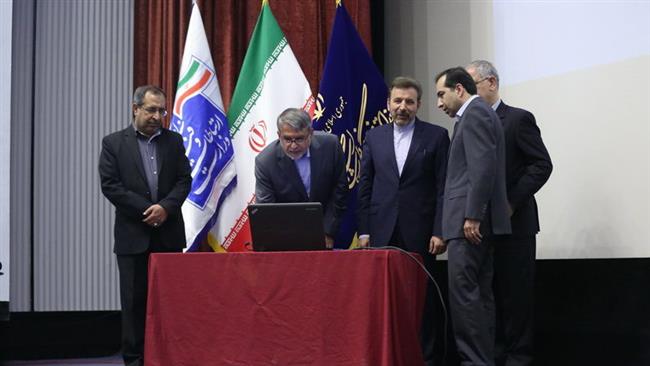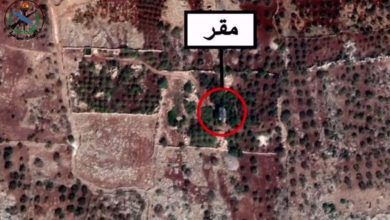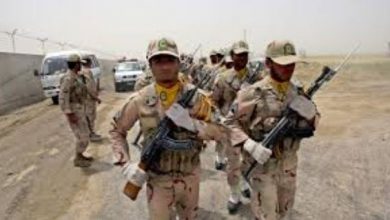Saudi regime shares at lowest level since 2011


Share prices in Saudi Arabia plunged to the lowest levels in over five years over concerns that the kingdom could introduce more austerity measures to deal with the growing impacts of low oil prices.
The Saudi index rose in early trade but dropped steadily through the afternoon to close 3.1 percent lower at 5,448 points in thin trade, Reuters reported.
Lower oil prices and the kingdom’s war on Yemen have severely undermined Saudi Arabia’s economy, with the country running large budget deficits of 20% of the GDP.
The prospects of the country’s reserves specifically look dramatic. The International Monetary Fund has estimated that the Saudis will run out of reserves in less than five years and then go deeply into debt.
Last year, Saudi Arabia’s foreign reserves fell to $640 billion from $737 billion in 2014. This year, Riyadh’s huge budget deficit is expected to reach $87 billion.
Oil sales account for almost 88 percent of the country’s revenues. The crude price crisis has forced Saudi rulers to cut spending and arrange their first sale of international bonds.
In 2015, the kingdom opened its stocks to direct foreign investment in order to lure funds from overseas but foreign investors now own just one percent of outstanding shares in the $400 billion Tadawul Stock Exchange.
While the authorities are struggling to find an effective way to boost liquidity, experts say money injection is just being pulled back out by the monthly government bond issues.
The country raised $26 billion from bond sales to domestic institutions last year. That figure is expected to rise to more than $31 billion this year.




